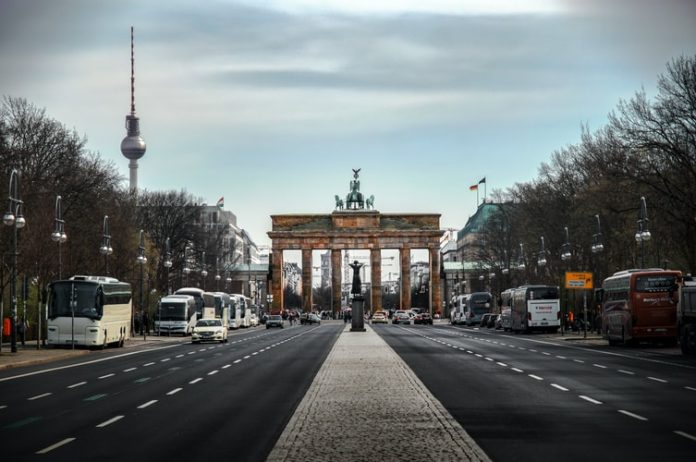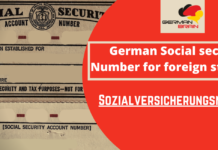
Blue cards are generally resident permit cards that are issued to non-EU member state citizens to as a legal document of stay within any EU member state in Europe. Therefore, an EU Blue card for Germany provides an evidence for the legal stay of a non-EU member state citizen in Germany. For instance, if you come from third world countries, this is the kind of card that you’ll need. It takes the same functions that an American green card would take if you were to visit the United States. However, there is a key condition that holders of this card have to meet; being highly qualified.
In other words the EU Blue card for Germany was mainly adopted to combat the shortage of skilled workers in the country. This was enacted in 2012 and was first in effect from the 1st of August within that year. Therefore, you need to have a qualification in a relevant professional field to increase the odds of being considered for a Blue card.
Some of the privileges that EU Blue card for Germany holders enjoy include same remunerations with Europeans doing the same job. That includes same allowances and same subjection to applicable tax laws. However, you must note that a Blue card only applies to people who want to live and work in Germany. As for family visits or tourism travels a normal visa will still do.
So, what are some of the basic things that you should know about EU Blue card for Germany? Well, they include but not limited to, the following:
- Who is eligible?
An EU Blue card for German is first applied before setting foot in Germany because your arrival there must comply with German general entry rules for foreigners. This opportunity is also opened to all foreigners who are citizens of non-EU member-state countries provided they meet the following criteria:
- He or she has a German or an accredited foreign or a university degree that is comparable to a German one.
- He or she has a working contract with a gross annual compensation of at least €50.800 (4134 Euros per month), a contract in the so-called shortage occupation (scientists, mathematics, engineers, doctors and IT- skilled workers) with the amount of €39.624 (3302 Euros per month).
In other words, before applying for a Blue card to work in Germany, please make sure that you’ve secured a valid job contract first to act as proof.
- Validity
A typical EU card for German will be valid for the first four years of your stay but that can fast change depending on the nature of your job contract. If the contract is period is less than four years, the card will be valid for within that period, with an additional three-month extension. If the contract is past four years, then the Blue card’s validity can be extended or s epical establishment permission can be given.
- Eligibility for permanent residence
If you have a valid EU Blue card for Germany then you have higher odds of scoring a permanent residence permit compared to someone who doesn’t. All you need to do is wait for 33 months and stay within the laws without violating, and your application will be considered. Remember, felonies can lead to conviction and/or deportation leading to nullification of your Blue card status. However, you can go ahead and learn German language up to B1 qualification and get to apply for the permanent residence permit within 21 months.




































